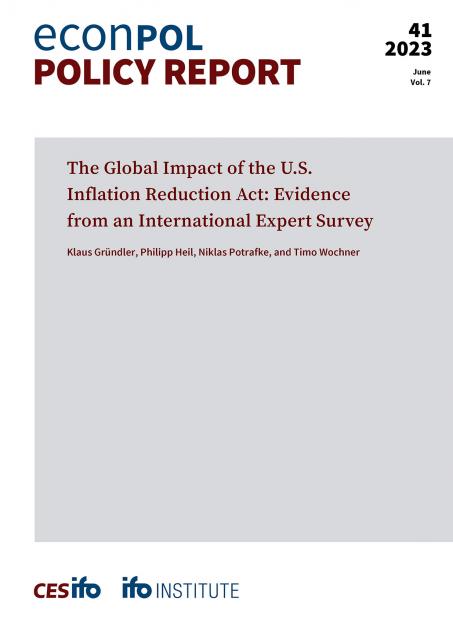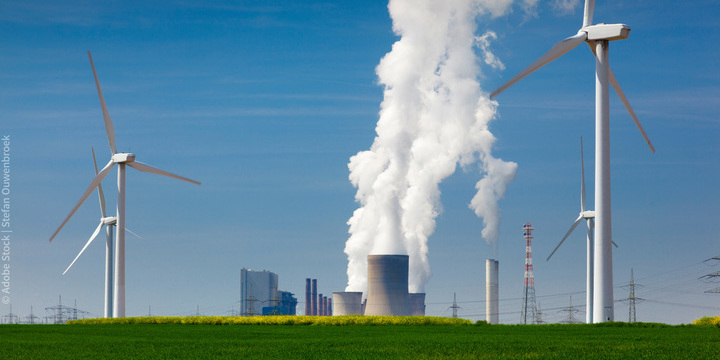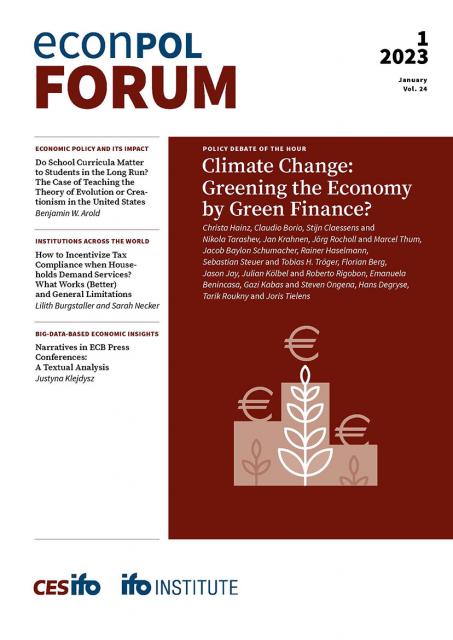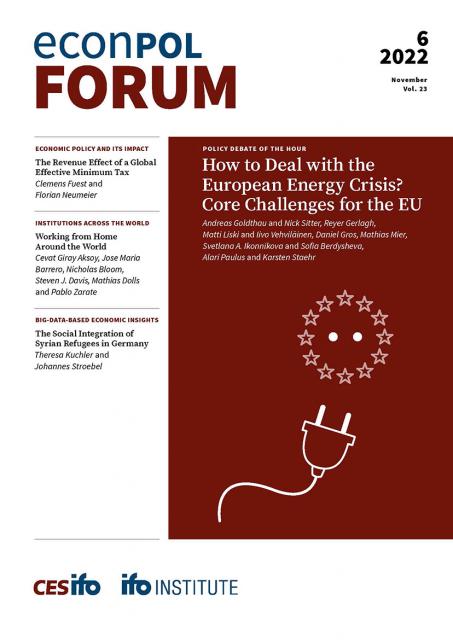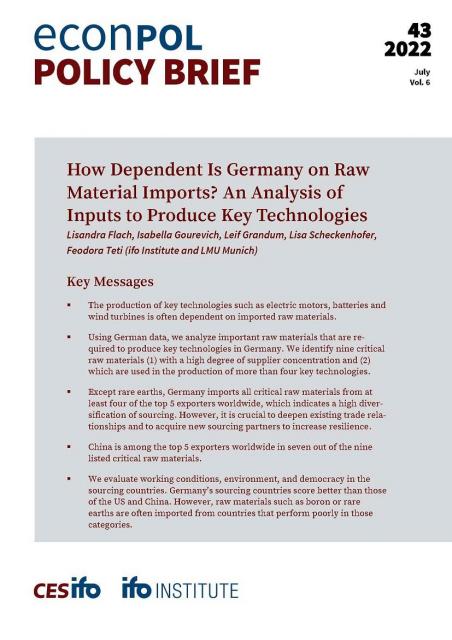Christa Hainz, Claudio Borio, Stijn Claessens and Nikola Tarashev, Jan Krahnen, Jörg Rocholl and Marcel Thum, Jacob Baylon Schumacher, Rainer Haselmann, Sebastian Steuer and Tobias H. Tröger, Florian Berg, Jason Jay, Julian Kölbel and Roberto Rigobon, Emanuela Benincasa, Gazi Kabas and Steven Ongena, Hans Degryse, Tarik Roukny, Joris Tielens
The financial sector may play a central role in climate change. This is because, ideally, climate policy measures create important incentives for investors throughout the globalized world to redirect their capital in favor of a cleaner production and thus lower emissions. That is why climate policy must consider the link between the real sector and the financial sector. This transition will not happen by itself. It requires targeted financing measures. To make it effective, policymakers need information about what economic activity, and thus what investment, can be considered green or sustainable. The task is to identify and compile relevant data and provide it to investors in a suitable classification, e.g., via an ESG rating or a taxonomy. Our authors in the “Policy Debate of the Hour” discuss to which extent green finance can make the economy greener. They also examine the role the financial sector can play in this transition. Among other things, they shed light on how “green” can be measured and look at the role of climate policy and incentive effects. They also provide recommendations for both economic and climate policy. In our “Economic Policy and its Impact” section, the authors shed light on the question of how teaching evolutionary theory changes students' knowledge and important choices in their life. In “Institutions Across the World” we discuss how policymakers can create incentives for households to follow tax rules when they use household-related services. The section “Big Data-Based Economic Insights” uses a textual analysis to look at remarks made in ECB press conferences.

